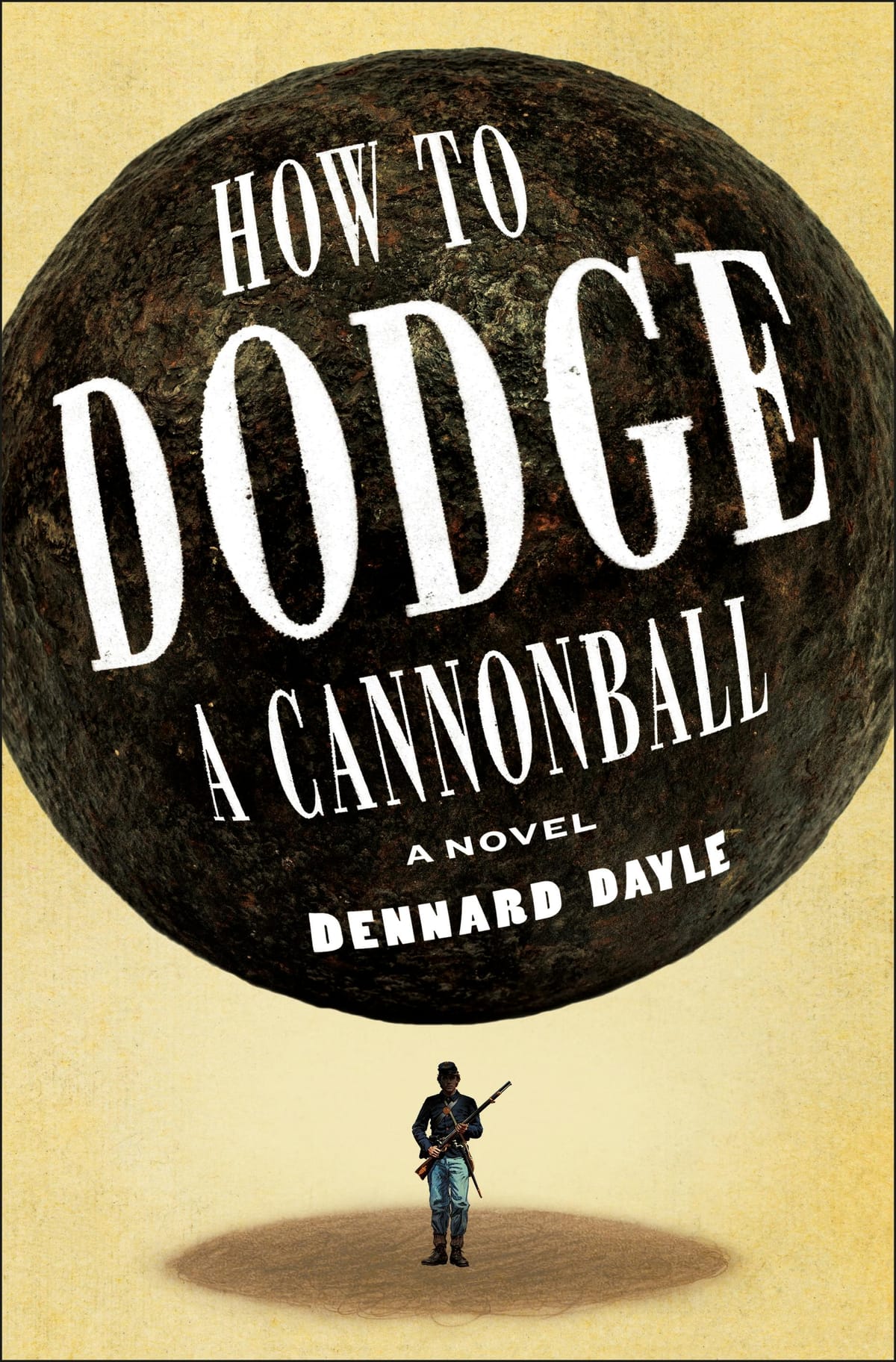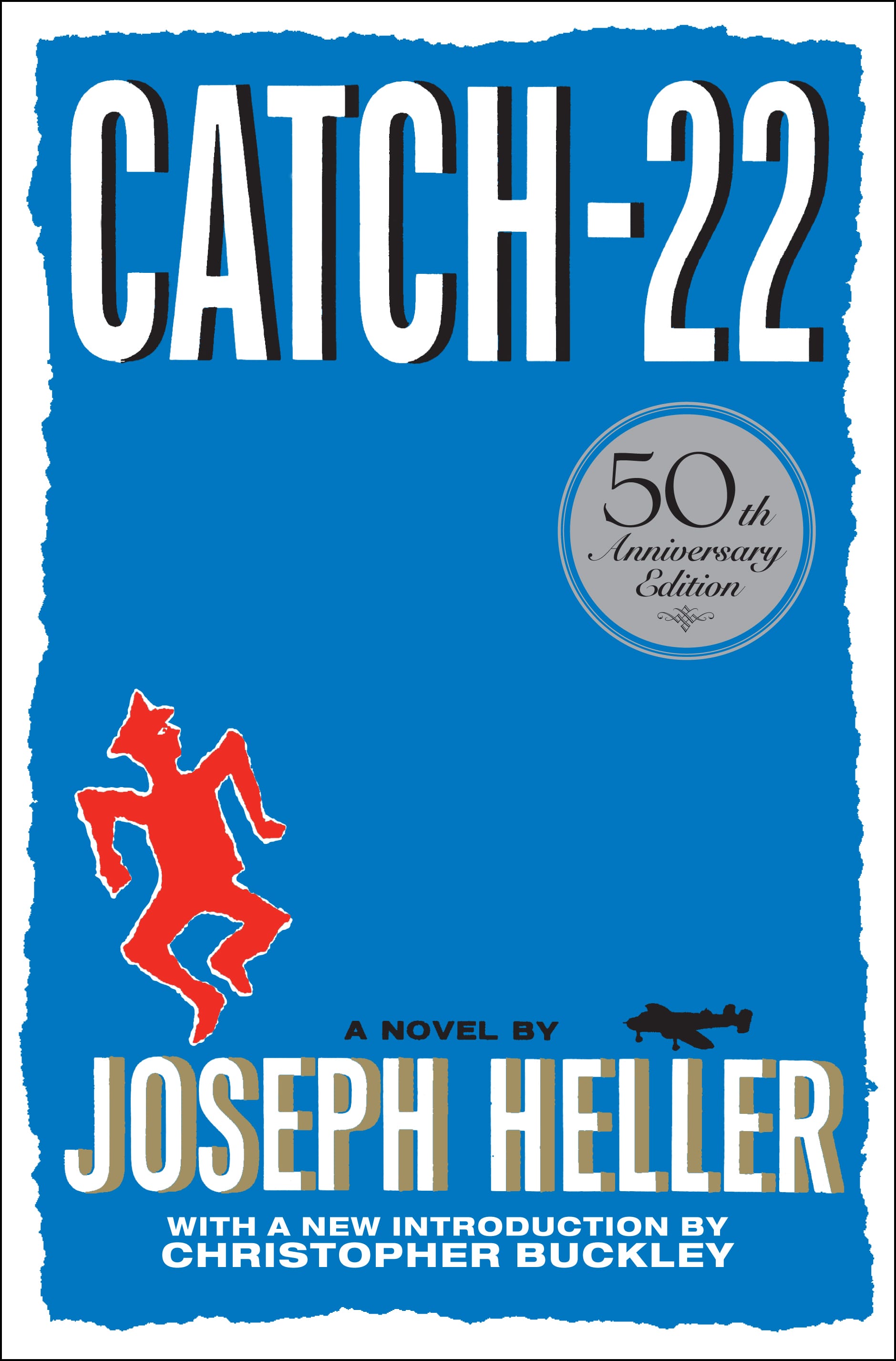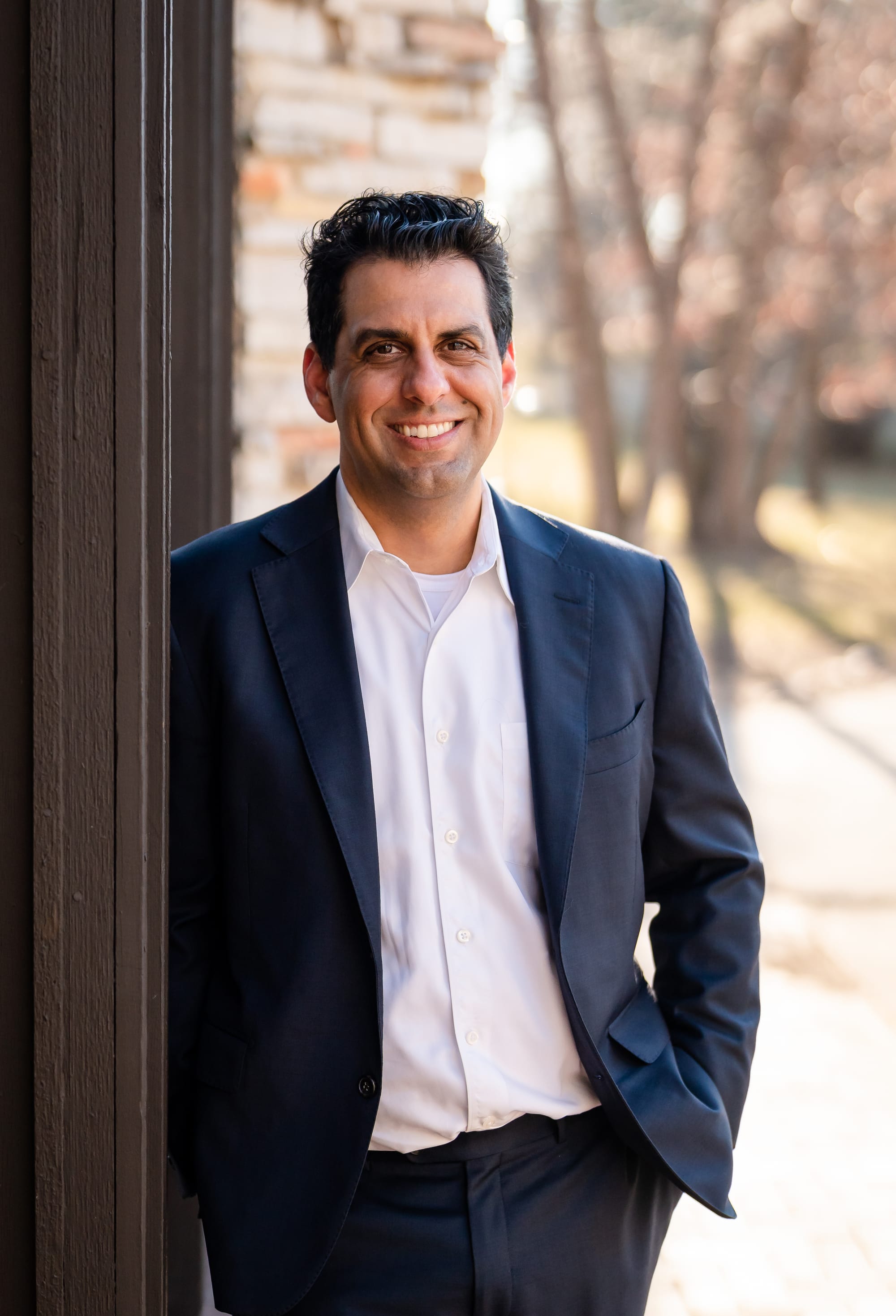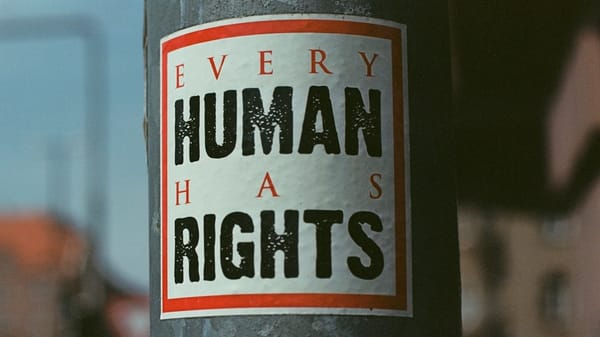Interview with a Madman: Dennard Dayle
Snag your copy of "How to Dodge a Cannonball" today

I've never interviewed anyone for this newsletter, but with my main man Dennard Dayle's debut novel How to Dodge a Cannonball hitting bookstores today, I couldn't have asked for a better excuse to try something new.
I met Dennard three years ago via Substack. He'd just published his critically acclaimed short story collection Everything Abridged and had brought his cult favorite email newsletter Extra Evil to the platform (he, like me, has since set up shop on Ghost).
To be honest, when I first checked out Dennard's short-form work I wasn't exactly sure what to make of it. His prose seemed weird, abstract, and brutally laconic. Nonetheless, he'd received several strong recommendations from Substack writers I respected, so I subscribed to his newsletter and headed to my local indie bookstore to investigate Everything Abridged.
At said store, I flipped over the elegant-looking hardcover, saw effusive blurbs from Paul Beatty, Susan Choi, and Mateo Askaripour, and immediately bumped the collection to the top of my reading list.
A few days later, I realized I was right: Dennard's prose was weird, abstract, and brutally laconic. But it was also impossibly clever, viciously sardonic, and gut-bustlingly funny—once I figured out how to decipher his deeply unwell mind.
These days I'm a massive Dennard fan, and when I found out his Civil War satire How to Dodge a Cannonball was slated for publication this summer, the novel instantly became my most-anticipated read of the year. I'm delighted to say the book delivers, and, more importantly, I'm privileged to call Dennard a co-conspirator, inspiration, and friend.
Without any further ado, please enjoy my semi-serious, semi-satirical interview with Dennard Dayle.
CONTEXT
AG: Why tackle the U.S. Civil War?
DD: Everyone else expects grandiose lies, so enjoy the truth: personal fixation. The gap between the romance and the gangrene grabs me. I find dying to defend your landlord’s slaves fascinating. I find the pitch of freedom as something you fight for the state to earn mind-melting. The insanity-per-corpse of the U.S. Civil War reigned until the 1910’s. But we processed that bit of trauma, while we only look at a cartoon of the Civil War. I’ve drawn my own cartoon. A better one, too: It’s funny on purpose.
AG: How did you approach the research process while crafting the novel? What surprised you the most, and what’s one thing you learned which blew your mind?
DD: First, I spent three decades as a nerd. As for more recent steps, I tried to stay immersed in it.
On research, there’s the obvious. You return to Ken Burns’s altar. You re-read Battle Cry of Freedom. You abuse David Blight’s free lecture series. You review insane Confederate children’s novels. You know, the usual.
What’s more particular to me is my love of stupid primary documents. Ads, letters, photos, et cetera. I spent a lot of time with the last two good things online: the Internet Archive and Library of Congress websites. Expect the latter to disappear now that I’ve reminded the Powers That Be it exists. My bad.
A rabbit hole I loved: all the Spiritualist insanity that thrived at the time. Ghosts, psychics, psychic ghosts—all the seeds of New Age madness, sans the TikTok plug. Mary Todd Lincoln’s famous for bringing it to the White House, but it was everywhere. Mass anxiety followed by mass death will do that. Invest in tarot cards.
AG: The famous adage, apocryphally attributed to Winston Churchill, claims “History is written by the victors.” This is decidedly false for the Civil War, where the losers (e.g., traitors) have shaped the narrative for 160 years. What gives?
DD: I’ll skip the bit about Reconstruction everyone knows.
For one, Churchill wasn’t a wizard. He also had a sketchy definition of genocide. It’s easy for him to (apocryphally) miss that it’s perfectly possible to lose a fight, grab a megaphone, and scream for the rest of eternity. The Lost Cause is, beyond the cultural and political cancers involved, a dropout saying they could’ve gone pro. In time, they find friends dumb enough to believe them. Where there is life, there is cope.
That said, let’s try playing on the quote’s terms. Apocryphal Churchill’s talking about state vs. state warfare, wherein I take someone else’s stuff and make it mine. I think civil warfare’s another animal. Both factions represent forces within the same cultural body. Unless you put in the serious, smart, painful work needed to change the culture, half the history written will emanate from the losers. But now I’m back to the bit about Reconstruction that everyone knows. Don’t leave your homework half done, kids. It gets the same letter as a zero.
The Lost Cause is...a dropout saying they could’ve gone pro.
CRAFT
AG: Cannonball is a not-so-subtle homage to Catch-22, which is a novel near and dear to my heart. Talk about what Catch-22 means to you and what you hoped to recreate, reinvent, or subvert in your own work.
DD: My earliest creative inspiration was Yngwie Malmsteen. Then I learned that neoclassical guitar is really hard, dragons are either fictional or extinct, and most musical virtuosos fill pauper’s graves. After that, I read Catch-22. I loved every sentence of it.
Heller’s books (I’m also the rare Good as Gold fanboy) eased processing the world at large. I talk a lot about humor helping people cope, because I love projecting. As a youth, I couldn’t handle everyone around me, including myself, being insane. Catch-22 addressed universal lunacy with wit, insight, and an elegant lack of grace. How could I come out any other way?
While the yuk-yuks are key, I mostly wanted to channel/echo/steal the anti-war ethos. I’m an immense peacenik, which surprises the 40k half of my fandom. The most vital struggle is simply mankind vs. the war machine. I think I get there, but you’ll have to tell me. Unless I dicked it up. Then tell me beautiful, harmonious lies.

AG: The Civil War is oft mythologized and its principal actors (e.g., Generals Lee, Grant, Pickett, McClellan, etc.) are valorized and venerated by their respective sides. Cannonball treats these real-life “heroes” with the utmost disrespect and viciously depicts them as venal and vacuous at every turn. Why make this choice and how does it support the overarching message of novel?
DD: Well, I do think they were venal and vacuous. But let’s dig deeper.
Like any thriving brand, martial pride has mascots. I don’t think a satirist stepping into any chapter of history can or should ignore them. The question isn’t if someone shakes Lee and calls him a gambling addict, but when and how.
On the character front, they hint that Anders’s [Cannonball's protagonist] goal of martial redemption is a dead end. There’s no higher mark of martial honor in EagleLand than a statue, even if you were defending human bondage or yelling from a safe distance behind suicide charges. Or, if you were McClellan, standing as still as your future statue.
Most of us have a hint that wealth, fame, and shame are lures for controlling your behavior. Heroism should be higher on that list: “Cornwallis loved and killed for his country. You should be more like Cornwallis. Why aren’t you?”
But that’s all big picture stuff. Lofty ideals are rarely why someone does anything, just what they discuss later. On the personal front, I have a borderline fetishistic love of antagonizing cults of personality. Skating’s fun, but harassing cults is the best sport in the world. And the cult of valor is a premium target.
Harassing cults is the best sport in the world.
AG: Anders, the novel's protagonist, is a fascinating mess: hapless yet defiant, bigoted yet empathetic, cowardly yet lethal. How did you dream him up, and how much of yourself do you see in him?
DD: He’s my tilt at a true believer. A lot of my work has followed disillusioned faces or exploitative heels, and the universe demanded balance. I didn’t want him to be an out-and-out idiot, because that wears thin around page thirty. And says a lot less about loyalty, one of the fixations that led me to chase this concept in the first place. I ended up thinking about how a strong but lopsided intelligence might emerge from a lifelong pool of misinformation.
Anders and I share confusion. While Anders is the furthest from my biography I’ve written as a lead, he’s the closest to my broken thought process. At his age, I waded out of a myopic fantasy—half the family faith, half my own seasoning—into a reality that made even less sense. The stakes were simply much lower.
AG: Follow-up: As a dark-skinned savage, why are you allowed to inhabit the persona of a civilized White character and how is that not reverse racism?
DD: It is reverse racism ascendant. I’ve trained for years to fire this final, perfect salvo of CRT woke DEI at Real America. May they eat bitterness. Inshallah.
Gags aside, I’ve never opposed White authors stepping away from the mirror. Myopia is not helping things around here, so I don’t encourage segregating your imagination. While there are constant disasters, they tend to come from having bent ideas about race in the first place. The problem’s the gas in the coal mine, not the canary.
Myopia is not helping things around here, so I don’t encourage segregating your imagination.
AG: As with Catch-22, Cannonball features a large ensemble of lunatics, maniacs, and sociopaths. Who’s your favorite supporting character in each?
DD: I can’t look away from Milo Mindbender as a comic device [in Catch-22]. You can hear him in your salutatorian’s voice—a perfect vessel for the local system’s values. In another era, he’d double the efficiency of human sacrifices to Apollo. Today, he bombs his own camp to improve camp profit margins. Beautiful.
In mine…it’s a spoiler, really. Character development’s involved. Can we update this later? The internet puts a lot of power in our hands. Never mind, I’ll just talk about my second favorite. Slade. He’s almost my Milo. The face of money in a nation and conflict defined by money. He’s the national id, and I get to slap him around for it.
CONCLUSIONS
AG: Will the U.S. ever live up to its alleged ideals?
DD: Ahahahahahahahaha.
Right, promo season. We’re adults today.
Maybe. In my correct opinion, it’s possible but no more likely than any other empire. Assuming you’re special is a trap. In fact, exceptionalism’s the main force holding the U.S. back from its vaunted ideals. But, if nothing else, the budget and political culture for democracy—in the glittering, abstract sense—exist.
I get some hope out of the standard The Music Man/Tootsie plot. The U.S., a fresh-faced con man, breezes into town claiming equanimity and progress. What happens when the scam takes over?
Thoroughbred idealists and cynics might find that answer disappointing. I can’t help you. From my perch, chaos is history’s most consistent thread. Calling what definitely will happen would make me feel like a fraud. Or worse, a true believer.
AG: Can the Whites be fixed?
DD: Yes. They can also get worse. Attitudes and trends are remarkably malleable. I think we downplay that to retain a sense of control. You don’t have much control of the tide. Even the men in suits keep getting random results. It’s almost as frustrating for them as it is for us, underfoot.
You can chase control, or stay sane and alive. I like sane and alive, and I wrote this book to push the sane and alive agenda. Join me. I promise it’s a more fun cult.
Back to the question. The particular North American madness? Curable. The human urge to conquer and forget? Not looking good.
You can chase control, or stay sane and alive.
AG: Will the Civil War ever end?
DD: Yes. It might take the country with it.
Join the Cult of Sane and Alive
I hope you enjoyed my conversation with Dennard!
As I mentioned at the outset, and as you probably realized throughout the interview, you can't read Dennard and scroll through panda TikToks and listen to a crypto podcast at the same time. Dennard's work demands focus, but if you put the work in I promise your brain will thank you.
The single best way to support Dennard is to buy his GD book! You can do that HERE or at your local bookstore.
If and when you become a true believer, you can subscribe to Dennard's always interesting weekly newsletter Extra Evil and check out his hilarious short story collection Everything Abridged.
Happy reading.




